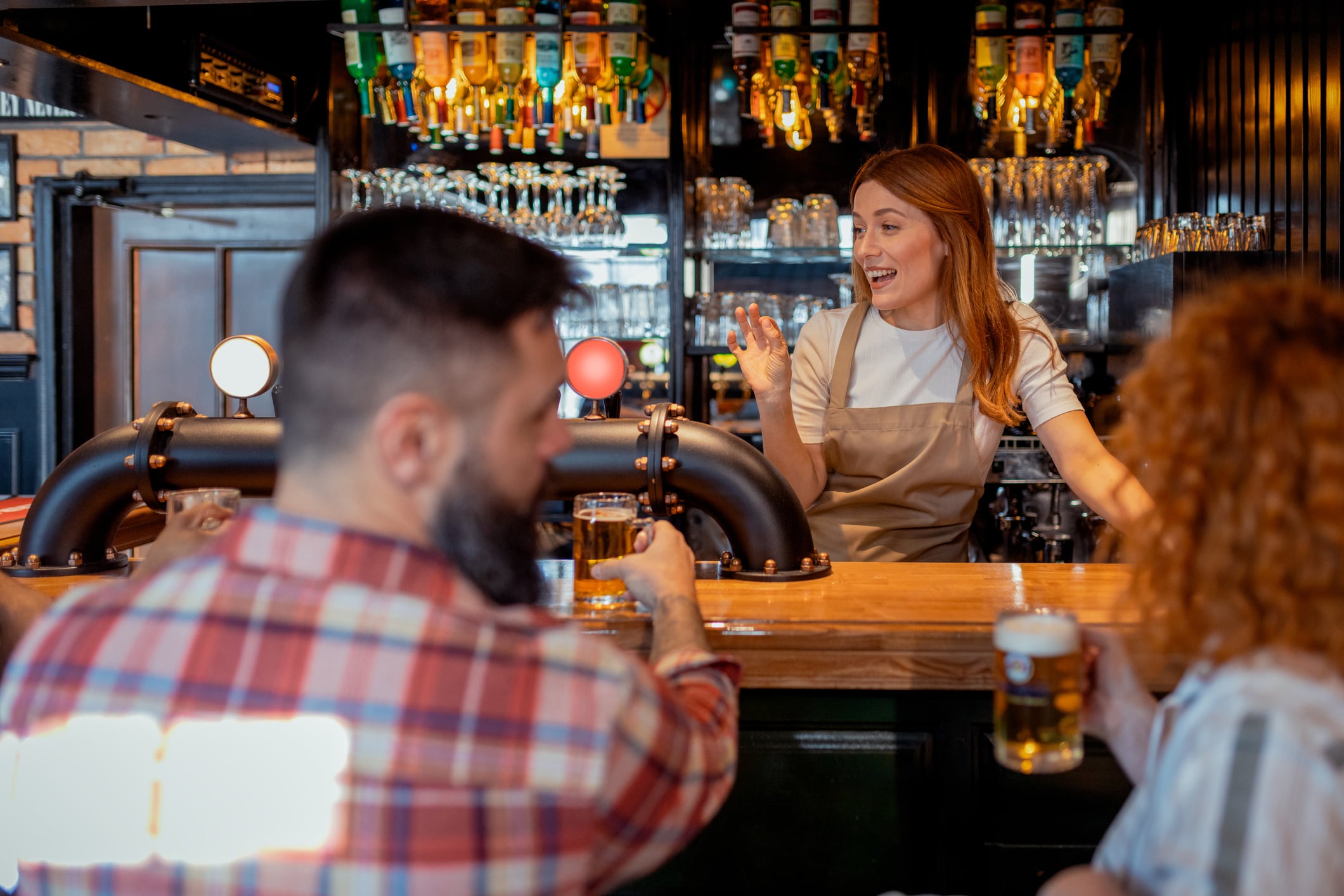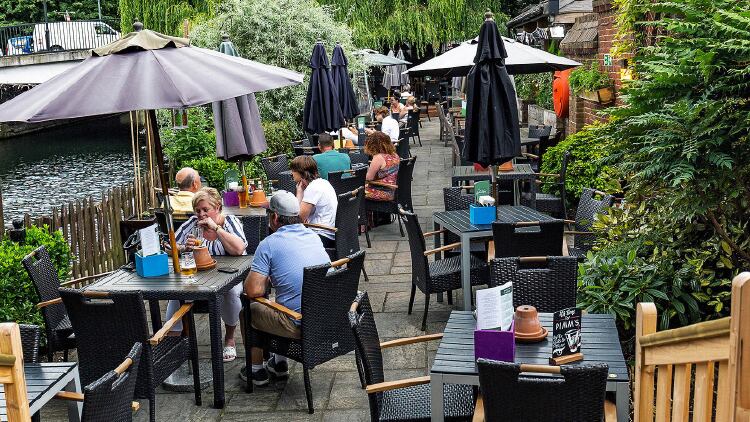A new report from Reputation, the online management platform and CGA by NIQ found AI tools like ChatGPT have already become a mainstream source of information about hospitality venues.
One quarter (26%) of 755 consumers surveyed now use them to learn more about a venue - a level of usage on a par with Google Maps (27%) and close behind other popular sources like social media platforms (32%).
AI is also transforming the way potential guests find and leave reviews the report said.
Three in five people (60%) said they already trust AI-generated review summaries that distil sentiment from high volumes of feedback and 13% trust these digests more than individual posts.
Reviews and chatbots
Meanwhile, half (51%) said they would be likely to leave a review if an AI tool asked them in the right tone and at the right moment.
Consumers also revealed more than two in five (43%) consumers have interacted with a Chatbots when contacting a venue or ordering while more than a third (37%) of guests are already using an AI tool to obtain recommendations tailored to preferences.
However, there was concern raised, with 39% worried about AI’s potential overriding of personal contact and 33% concerned about privacy and security issues.
Consumers also were found to have higher expectations of service and response.
AI powered search
Two thirds (66%) expect replies to their contact with venues within a few hours, while nearly three in five (58%) were more likely to visit a venue if their friends post about it on social media.
Reviews remain an important measure for consumers, with nearly three quarters (73%) not trusting reviews older than three months to accurately describe a venue.
Reputation managing director EMEA Anthony Gaskell said: “AI isn’t a future trend in hospitality: it’s already here. AI-powered search is transforming the consumer decision-making process, making it deeply personal and emotionally driven.”
He added: “Operators need to adapt quickly to this new age of personalisation, and harness AI to improve their ability to hear consumer voices, understand what they need, and take actions that make those consumers feel heard. Combined with economic pressures that impact consumer behaviours, AI needs to enable deeper, more personal interactions that make hospitality experiences so special.”
Economic impact
The research also found more than a quarter (28%) of consumers said they are going out for drinks less often than they were a year ago - eight percentage points more than those who are doing so more - but increased prices mean they are spending more when they do so.
It found there was a polarising trend in spending habits with a third (34%) of consumers typically spending £100+ a month on eating and drinking out, but nearly as many (31%) spending less than £40.
A further one in three (34%) consumers were having higher expectations of venues than a year ago but the good news was more than a third (36%) expect to eat and drink out more often over the next year - significantly more than the 21% who think they will go out less.
CGA by NIQ client business partner Grete Ovaldaite said: “It has been a turbulent year for hospitality businesses and consumers alike, and spending constraints are creating an ultra-competitive environment.
“We can be cautiously optimistic that consumer confidence will improve in 2026, but operators will need to stay laser-focused on delivering consistently good-value, high-quality experiences that don’t just meet people’s heightened expectations but beat them.”




